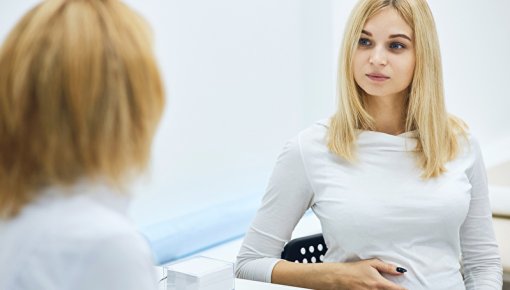Carey MR, Vaughn VM, Mann J et al. Is Non-Steroidal Anti-Inflammatory Therapy Non-Inferior to Antibiotic Therapy in Uncomplicated Urinary Tract Infections: a Systematic Review. J Gen Intern Med 2020; 35(6): 1821-1829.
Deutsche Gesellschaft für Allgemeinmedizin und Familienmedizin (DEGAM). Brennen beim Wasserlassen. S3-Leitlinie und Anwenderversion der S3-Leitlinie Harnwegsinfektionen. AWMF-Registernr.: 053-001. 2018.
Falagas ME, Kotsantis IK, Vouloumanou EK et al. Antibiotics versus placebo in the treatment of women with uncomplicated cystitis: a meta-analysis of randomized controlled trials. J Infect 2009; 58(2): 91-102.
Jent P, Berger J, Kuhn A et al. Antibiotics for Preventing Recurrent Urinary Tract Infection: Systematic Review and Meta-analysis. Open Forum Infect Dis 2022; 9(7): ofac327.
Milo G, Katchman E, Paul M et al. Duration of antibacterial treatment for uncomplicated urinary tract infection in women. Cochrane Database Syst Rev 2005; (2): CD004682.
Ong Lopez AM, Tan CJ, Yabon AS et al. Symptomatic treatment (using NSAIDS) versus antibiotics in uncomplicated lower urinary tract infection: a meta-analysis and systematic review of randomized controlled trials. BMC Infect Dis 2021; 21(1): 619.
Zalmanovici Trestioreanu A, Green H, Paul M et al. Antimicrobial agents for treating uncomplicated urinary tract infection in women. Cochrane Database Syst Rev 2010; (10): CD007182.
IQWiG health information is written with the aim of helping people understand the advantages and disadvantages of the main treatment options and health care services.
Because IQWiG is a German institute, some of the information provided here is specific to the German health care system. The suitability of any of the described options in an individual case can be determined by talking to a doctor. informedhealth.org can provide support for talks with doctors and other medical professionals, but cannot replace them. We do not offer individual consultations.
Our information is based on the results of good-quality studies. It is written by a team of health care professionals, scientists and editors, and reviewed by external experts. You can find a detailed description of how our health information is produced and updated in our methods.

